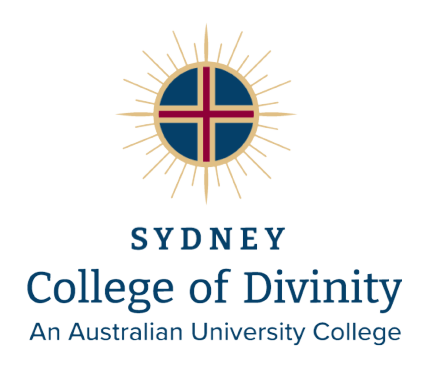T9209 – Natural Theology from an Eastern Christian Perspective
Unit Code
T9209
Unit Name
Introduction to Natural Theology (undergraduate)
Unit Weighting
9 Credit Points
Prerequisites
T8101 – Introduction to Theology
Exclusions
T7209 – Introduction to Natural Theology
Academic Staff
Very Rev. Dr. Antonios Kaldas. MBBS (USyd) GradDipPhil (MQ) MRes (MQ); PhD (MQ)
Curriculum Objectives
This course unit explores how Christians have used the cosmos around them to know God (General Revelation), as distinct from scripture (Special Revelation) and the relationship and uses of natural theology in fields such as apologetics, spiritual theology, pastoral theology, and mystical theology.
Learning Outcomes
At the end of this unit students will be able to:
- Engage critically with the nature, task, purpose, and presuppositions of the nature of natural theology, and of the various approaches to it, past and present.
- Analyse and evaluate selected examples of natural theology, past and present.
- Integrate natural theology into their study and application of other fields of theology or any discipline and their daily practice of faith.
- Develop a framework for the importance and value of natural theology within the broader fields of theology and philosophy of religion.
- Apply their knowledge and skills of natural theology to contemporary questions raised by their society and in the academic literature and to developing convincing responses to such questions.
Content
- Ways of Knowing — Natural Theology as one approach among many (e.g., scripture, philosophy, science). Relationships, strengths and weaknesses, etc. Relationship with Mystical Theology is a theme that threads throughout the unit.
- History of Natural Theology — tracing its development from ancient Greek philosophy and early Church Fathers through to today to understand why we are where we are.
- Uses of Natural Theology — applications to other branches of theology, other disciplines, liturgy and spiritual ascesis.
- Objections to Natural Theology —from Western and Eastern thinkers, ancient and modern. Is natural theology compatible with Mystical Theology or apophaticism?
- Future of Natural Theology — new directions in science, metaphysics, and society, and their impact on natural theology. Natural theology in the public and pastoral spheres.

